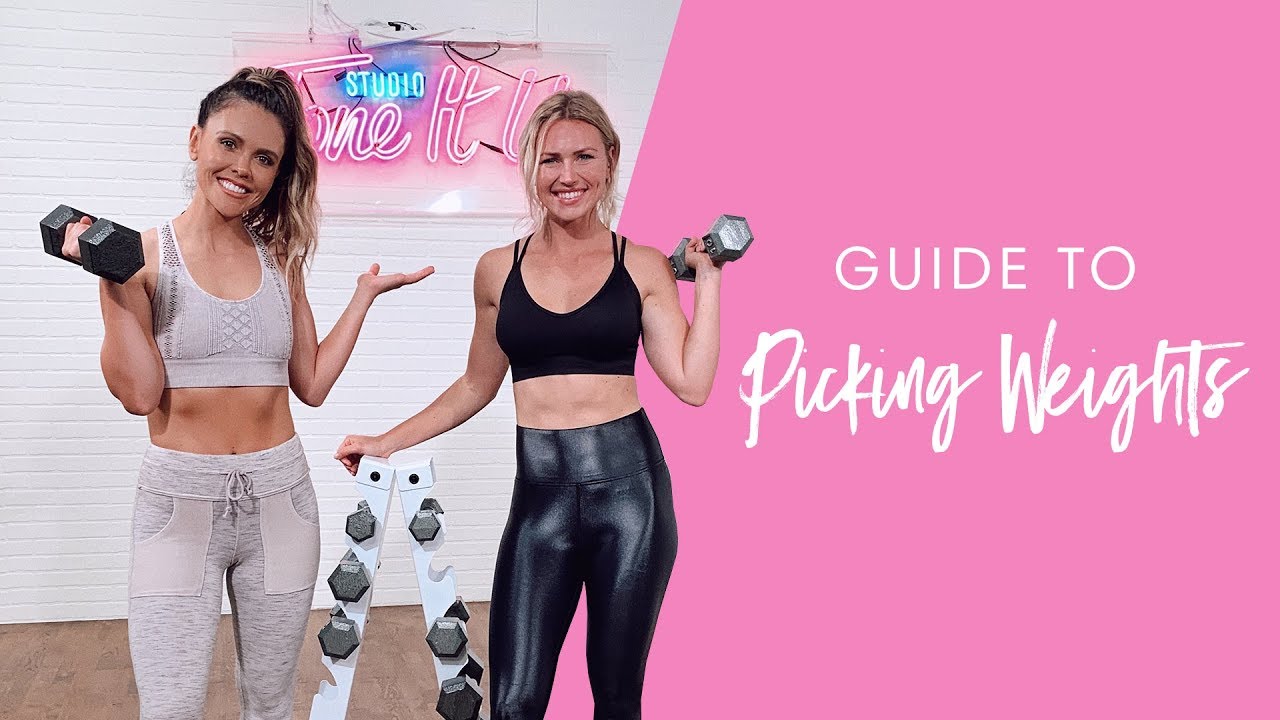
A functional fitness workout will improve your coordination, strengthen several muscles at once, and stabilize your core. This type exercise is vital for every day living, regardless of age or preference in training methods. It is also beneficial for balance. Read on to learn more about the benefits of functional fitness workouts. Here are some helpful tips to get you started.
Functional fitness training improves coordination
Functional fitness training incorporates compound movements and non-sagittal exercises into a workout routine. This kind of training is a cornerstone of functional fitness and can help improve coordination and balance. This training emphasizes the importance to strengthen the stabilization muscles. These muscles are smaller and require a limited range of motion. This training improves movement efficiency and prevents injuries.
Functional training not only improves coordination and balance but also helps with body awareness. It develops kinesthetic awareness by training different muscle groups at the same time. It also increases one's endurance and strength.

Stabilizes your core
Core stability is an essential component of functional fitness exercises. Strong core stability will relieve pressure from your spine and protect it against the forces experienced by your body in daily activities. This is especially important when you have to lift heavy objects. For heavy squats, you will need to strengthen your core and push through your legs. If you do not tighten your core and push through your legs, you could cause injury.
It improves movement efficiency and prevents injuries in sport and work. Additionally, strong core muscles can help to prevent lower back discomfort.
Multiple muscles can be strengthened at once
A functional fitness workout targets multiple muscle groups at the same time. This type of exercise is designed with actual daily activities in mind, and emphasizes developing muscles that help you carry out your daily tasks. This exercise is great for strengthening multiple muscles and giving you a total body workout.
Another benefit to functional fitness is its ability to be integrated into your busy schedule. Functional fitness doesn't require any special equipment. You can exercise wherever you are. This type of exercise is also great for people who don’t have the time to do traditional gym workouts. This type of workout can increase your strength, endurance, and cardiovascular fitness.

Balance improves
Improving balance during a functional fitness workout is a key part of a successful physical fitness program. It helps the body learn to maintain a steady balance, which is necessary for everyday activities. This type of exercise is also good for flexibility and coordination. It could include light cardio, strength training, or yoga.
Participants must stand on one leg for 30 seconds while maintaining a firm support surface. After that, they will need to alternate between their legs. Repeat the exercise with each leg three to five additional times. They can then continue with other daily tasks while standing on the one leg.
FAQ
Are there any exercises I should not do?
You should always consult with your doctor before starting any new workout routine. There are some people who have medical conditions or injuries that make it difficult to exercise. Some activities may require special equipment, or training. Swimming, for example, requires swimming suits and access to the pool.
How many hours should I sleep each night?
The recommended amount of sleep varies depending on age, gender, and individual needs. Adults need between 7 to 9 hours sleep each night. Teenagers and young children generally need around 10 hours of sleep each night. This number decreases as they age.
What does nutrition do to your body?
Your body's ability to function properly is aided by nutrition. To ensure that your body receives adequate nutrition, it is best to eat a balanced meal with lots of fruits and vegetables, lean protein, whole grain, as well as healthy fats.
Does exercise cause me to gain weight?
Not at all. Exercise can actually help you maintain your weight. Training regularly can help you build muscles, increase your metabolism, and burn more calories. This will mean that your body won't store as many calories.
Do I need to drink alcohol while working out?
Alcohol has calories, so it's not recommended to consume large amounts while working out. The moderate intake of alcohol (one a day) may improve endurance for workouts. It may also reduce fatigue and muscle aches caused by intense exercise.
Statistics
- Adolescent girls were less active than adolescent boys, with 85% vs. 78% not meeting WHO recommendations of at least 60 minutes of moderate to vigorous intensity physical activity per day. (who.int)
- Globally, 28% of adults aged 18 and over were not active enough in 2016 (men 23% and women 32%). (who.int)
- In high-income countries, 26% of men and 35% of women were insufficiently physically active, as compared to 12% of men and 24% of women in low-income countries. (who.int)
- One study showed that adults who watch more than 4 hours of television daily had an 80% higher risk of death from cardiovascular disease. (heart.org)
External Links
How To
How to Burn Belly Fats Quicker
Belly Fat is usually seen as a problem when we want to lose weight. However, Belly Fat can be beneficial if you really think about it. Your organs will be protected by the amount of belly fat. So let's see how to burn belly fat fast.
The main factors that lead to body fat storage are stress and lack exercise. Because of its stimulation of the production hormone cortisol, stress can make us feel hungry continuously. Cortisol increases insulin levels in our blood. The excess calories are stored as fat by insulin. A lack of sleep leads to adrenaline being released into the system which causes an increased appetite. Exercise helps to break down these extra calories.
There are many ways you can reduce belly fat. All of these methods can be used, depending on your budget. These are some great tips to help you lose belly fat fast.
-
You can eat less. Eat smaller meals throughout the day rather than eating three big ones. This will result in fewer calories.
-
Get plenty of water. Water flushes out toxins, and keeps your body hydrated. Drinking water before meals will help you feel fuller for longer, so you don't overeat.
-
Avoid eating unhealthy snacks. If you're looking for quick fixes, snack foods like chips, cookies, candies, etc. Although tempting, they can be very unhealthy. But avoid these fattening treats as they contain lots of empty calories and too much sugar. Choose healthier alternatives such as whole grains, vegetables, fruits, seeds, nuts and seeds.
-
At least three times per semaine, do strength training. Strength training builds muscle mass that burns more calories, even when it is done while you rest. It also strengthens bones, muscles, ligaments, tendons, the heart, lungs, and joints.
-
Walking or stretching is a good habit to do regularly. Stretching helps to improve flexibility and mobility, which reduces back pain. Walking is a great way of burning calories, especially when you do it for just 30 minutes.
-
Reduce alcohol intake. Avoid alcohol.
-
Slowly lose weight. Finding out your current weight is the first step in losing weight. Then calculate your ideal weight by adding 5% to 10% of your total body weight. Once you have determined your ideal weight, you can start to reduce your calorie intake by 500-1000 calories per day until you reach it.
-
Avoid processed foods. These foods have high amounts of salt, sugar, and preservatives. Although they are convenient, processed foods don't have enough nutrients to sustain your health.
-
Don't skip breakfast! Consuming breakfast increases concentration, memory and energy levels. Breakfast should include protein (like eggs), fiber (like oats), and complex carbohydrates (like oatmeal).
-
Have regular bowel movements. Bloating and gas can be caused by irregular bowel movements and constipation. Drink plenty of water to prevent gas and fiber ingestion.